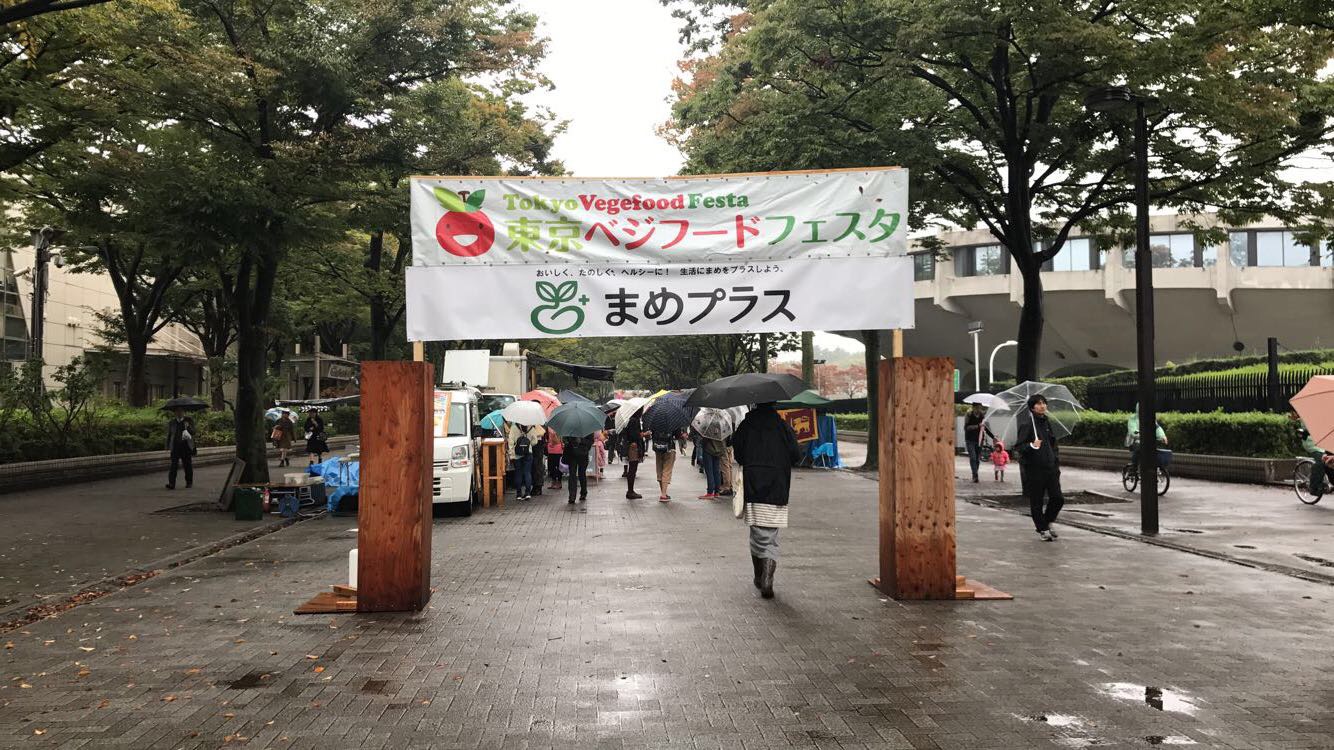Halloween in Tokyo
My friend and I went to Shibuya, arguably the most populated area in Tokyo that evening, to walk around and people watch. The variety of costumes revealed the not-so-conservative nature of young adults in such a populous city in Japan. It’s interesting to note the differences between the way youth in the U.S. celebrates Halloween and how youth in Tokyo celebrate. Much of the aspects that are traditionally celebrated in Halloween have been transformed and warped into new “traditions” and practices that are almost nothing like its origins.
Another aspect of this yearly event that I’d like to bring notice to is the amount of trash that gets discarded on the streets. While it’s great to have fun and celebrate dressing up and dancing on the streets, it’s important to recognize the labor and up-keep in maintaining clean spaces in such a densely populated city such as Tokyo. Trash cans are hard enough to find in Tokyo, but I hope everyone is able to have fun celebrating while also being aware of where they discard their trash.
The atmosphere on Halloween night was inviting and noisy, great for partying. Whenever I mention that I went to Shibuya on Halloween night to my Japanese friends, they usually question why I’d want to go. This surprises me just because of the sheer amount of (Japanese) people that go. It makes me wonder who goes but pretends to shun attendance of such events in front of others. I know that there’s a label for partyers and clubbers who are Japanese youth, “パリピ”(paripi), a phonetic abbreviation of party people. Although a negative connotation is attached to these people, some self-proclaim themselves as “paripi”. Paripi often skip classes, neglect their studies, and do what you would expect of a delinquent, but in the U.S. clubbing and party-going are relatively standard among university students who even manage 4.0s. Why is it that partying is viewed in such a negative light and why aren’t people who participate in such events stereotyped as bad students? Perhaps I am biased because I know and respect people who are intelligent, thoughtful, and compassionate, but also happen to enjoy nightlife. Something I’ve come to embrace and even strive towards nowadays is blatantly breaking stereotypes. Upon first glance, I have a facial piercing, dyed hair, and tattoos, which are all generally seen as markers for “rebellious” behavior, but I care about my studies. I rarely, if ever, miss a class and I’m dedicated to following through with my commitments. My outward image is an expression of myself, but I would like to think that my choices in this aspect of my life don’t encourage quick judgement without knowing who I am or hearing what I have to say.




